Johan Stigter, a Dutch fruit grower, is concerned about the top fruit market. He cites the European geopolitical situation and high inflation as factors fueling sales uncertainty. After a harvest that went smoothly, he, thus, decided to sell most of his fruit off-tree. "Given the global developments and the happenings in Russia, we chose security," Johan begins. He expects better pear than apple sales but does not think prices will pick up until after April 1.
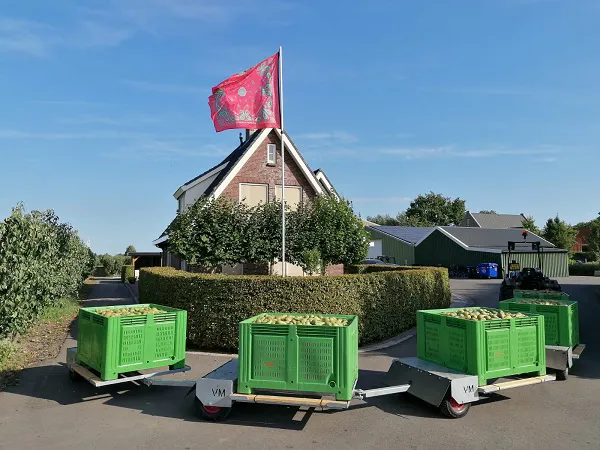
Bills first, then fruit
That, of course, depends on consumer spending, which the grower - whose cultivation is split 90/10 for pears and apples - foresees declining under pressure from economic developments. He believes inflation will hurt top fruit sales and sees that pear consumption is already falling in Germany. "If there's prolonged inflation, people will first pay bills and only then buy fruit. Global tension makes for fearful, cautious citizens."
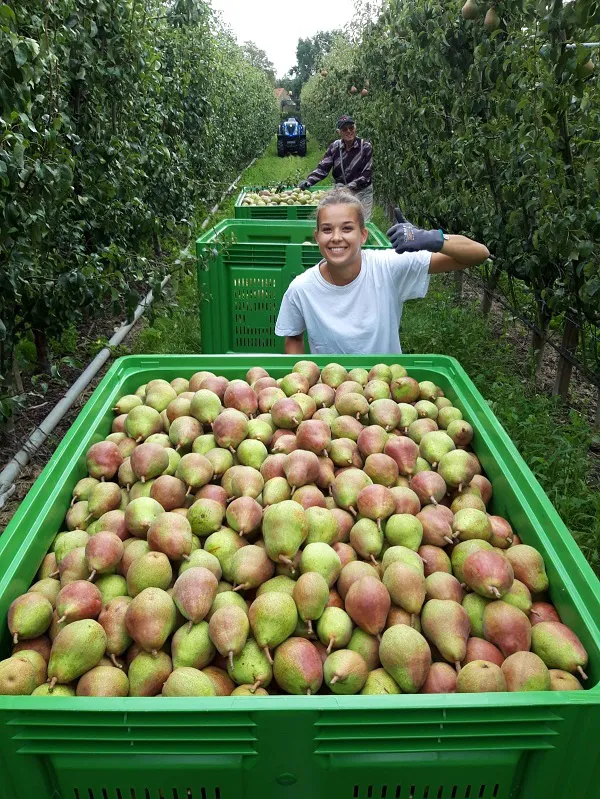
"Rising costs are another obstacle for fruit growers," Johan points out. He, for instance, is paying nearly four times as much for fertilizers, 12% more for crop protection products, and labor, too, has become more expensive. "Not to mention the skyrocketing electricity costs for cooling." Johan says it is difficult to pass these on in selling prices: "You have to watch costs; you can't pass them on, one-on-one. Buyers won't go for that."
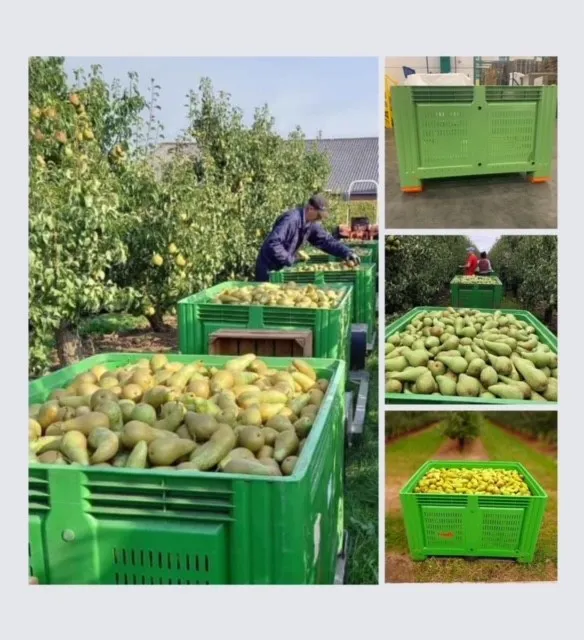
Crop protection
According to Stigter, there are cultivation challenges too. Besides fertilizer degrading, the crop protection policy worries him. "We've invested enormously in emission reduction in recent years, yet we're told that crop protection products must be reduced by 50% by 2026/2027, with no consideration for individual farms. That makes no sense. We must be careful not to create a food crisis in five years."
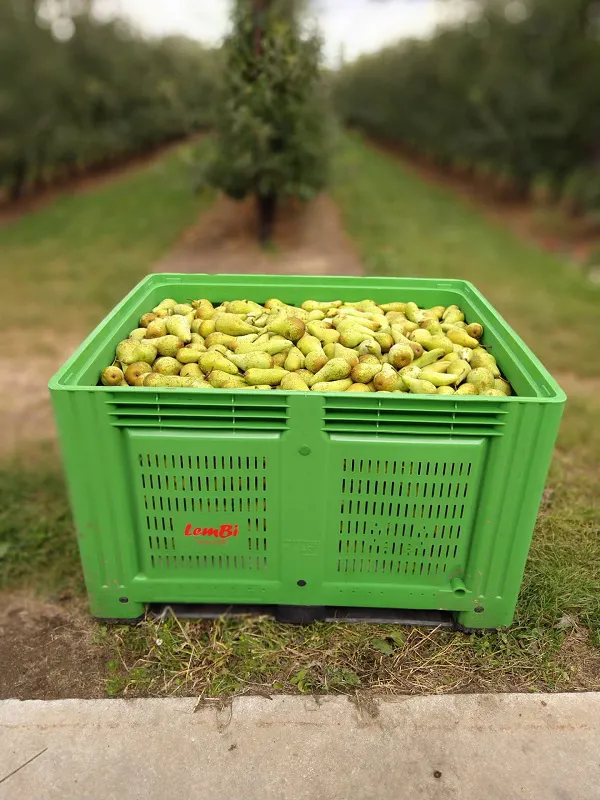
He also feels varying cultivation conditions garner too little attention. There is, for instance, more need for mold control in wet years than in other years that perhaps have more insect pressure. "EU talks tend to lean toward harmonization, but many areas, including crop protection and labor, have had uneven playing fields for years," says Johan.
Although there are alternatives for some banned products, the fruit grower says they are not always solutions. "I spend more time spraying now than 20 years ago. I can't name any grower who considers it fun to spend all that time and money spraying his crops. If you can apply a powerful product once, you don't have to spray as much, which also impacts the environment less."
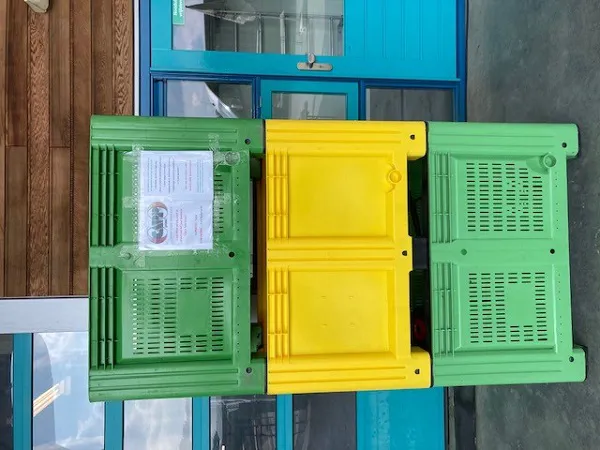
And, as the fruit grower discovered, you are not compensated for the money spent on becoming more sustainable. "If you earn nothing, it undoubtedly becomes very expensive to become more sustainable," Johan continues. He would like to see a fiscal fund established that compensates sustainability efforts included in programs such as GlobalGAP, GRASP, and PlanetProof. Such a find should be retail-financed or government-managed and distributed.
The future
Yet Johan - as the recent 10-hectare expansion of his farm proves - is optimistic about the future. "We don't have many prospects, but I remain positive, and I have someone to whom I can pass the business." Over the past three years, he has also bought Capp Plast plastic storage crates. "We've purchased over 2,300 of these," Stigter explains. Besides hygiene, size affected his decision to switch from wood to plastic.
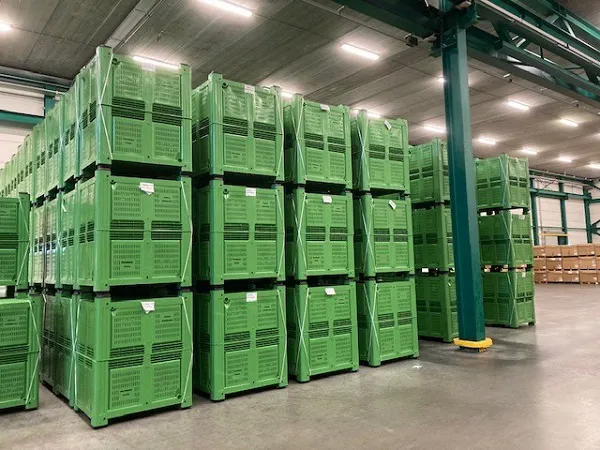
"These crates are slightly larger, so we need fewer in the orchard, and there's less transportation." The fruit also stores better in these plastic containers later in the season. Timber prices are rising, which means these and plastic crates prices - which Johan calls lively - are increasingly converging. "And, you can leave the plastic crates outdoors for a few months if you have no storage space inside. You can't do that with wood," he concludes.
Johan Stigter
Johan.stigter@hetnet.nl
Gerald Langerak Capp plast Nederland BV
Capp plast Nederland BV
Tel: 0226-411623
Mob: 06-51914888
www.geraldgreensupport.nl
info@geraldgreensupport.nl
